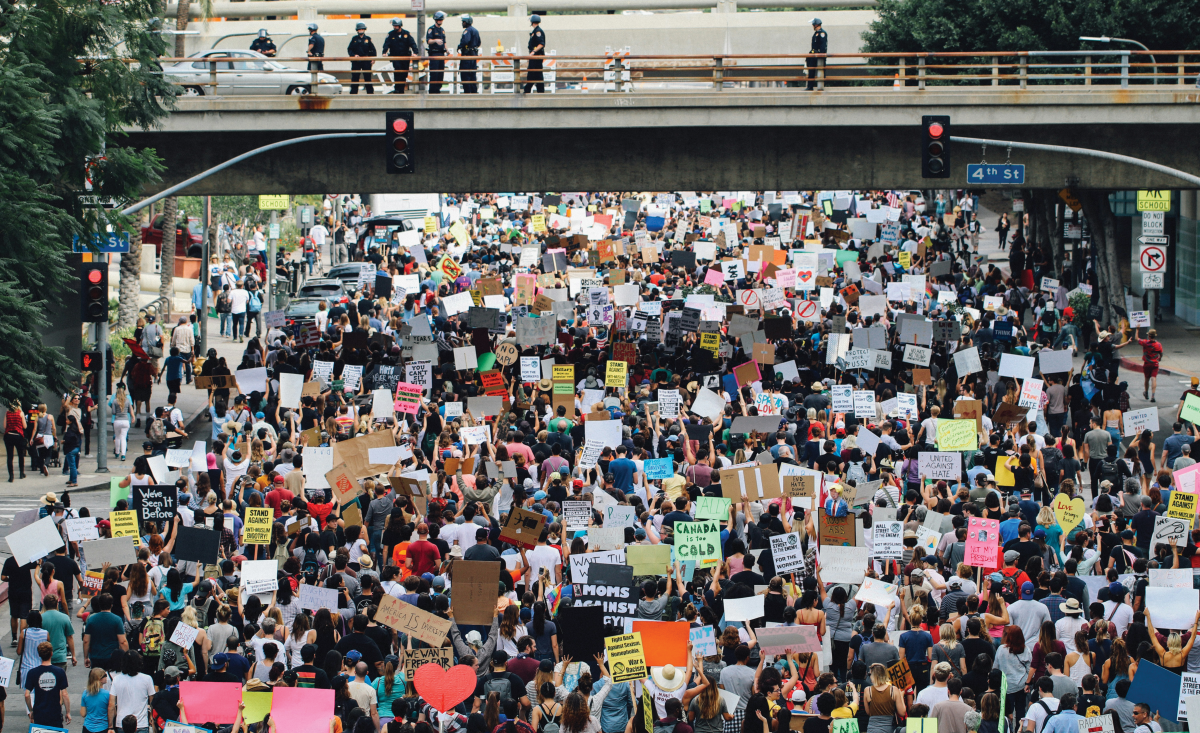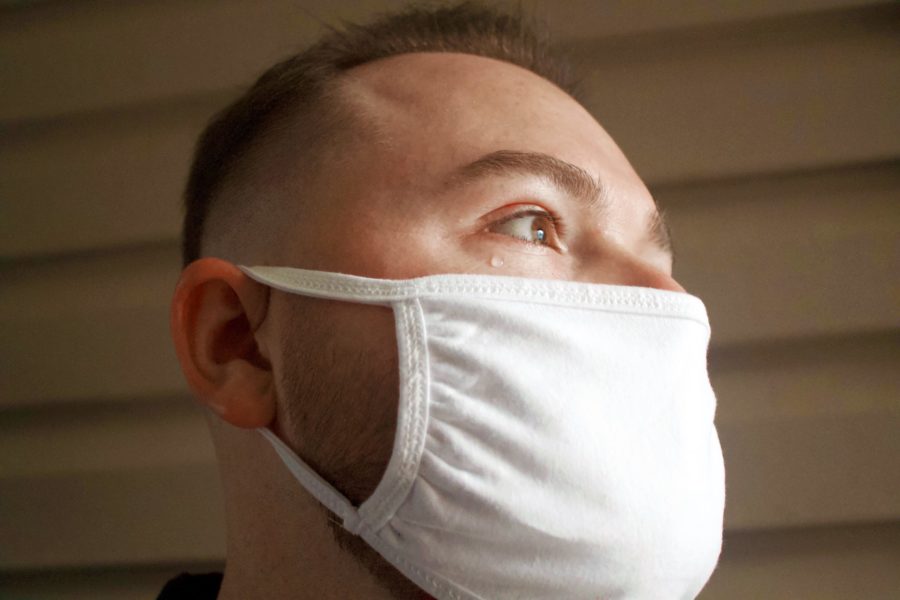Starting your fall semester at your new or old university can cause anxiety and stress. Add onto that a pandemic and worldwide political unrest, and it’s no wonder that it can cause depression, anxiety, extreme stress and much worse. With the fall semester now underway, how are college students coping with everything that is going on in our country?
COVID-19 has forced college students all across the country to be isolated from their family, friends and peers. Many students have already tried to reach out to share their details of their struggles with depression, but, due to the universal problems of COVID, they might have not been able to.
“[Of] the nearly 42% of students who sought mental health care during the pandemic, 60% said it was either much more or somewhat more difficult to access care,” writes USA Today contributer Elinor Aspegren.
Fears of infection plague the minds of everyone right now, especially those living on campus. For many students, the choice to move back onto campus was one between risking infection with friends or staying isolated with family. This choice only gets further complicated for those with rocky family relationships. Some of my friends moved onto campus entirely because they could not deal with the stress of their family.
Not that college life is instantly better. To help reduce the spread of COVID, most courses have been moved fully online. Since many social gatherings have been cancelled in the wake of the pandemic, students are stuck inside dorm rooms most days, further adding to feelings of isolation and depression.
Actually accessing courses, too, has been a unique problem. Some students don’t have access to the Internet or even a computer, and this can cause a lot of stress for the student and the parent. Imagine being a college student and having five classes that must meet online, but you don’t have any Internet access. This isn’t as easy a fix as “go to the library”, either. Most students are living at home because COVID-19 risks, with many of these same students not having the luxury to go to a library. Some professors do understand this problem and are trying to work with students to fix it, but it still adds another weight to already extremely negative mental health conditions.
Internet access is not the only thing college students have to worry about. The American College Health Association recently released the results of a survey that revealed, among other things, that 5.5% of students reported being discriminated against or outright antagonized because of their race or ethnicity during the COVID-19 pandemic.
This is especially true for the African-American community on campus, which is dealing with high depression rates because of the intersection of the pandemic and police brutality. Due to underlying health conditions such as diabetes, hypertension and high cholesterol, many African-Americans are facing a high risk of contracting and dying from COVID-19.
“In some places[…], the death rate is four to six times higher among Black people,” said journalist Claudia Wallis in a Scientific American article.
This stress has only been further exacerbated by the murders of innocent black people like Breonna Taylor and George Floyd, which has shaken the souls of black people around the country. The fear that one day you or someone you love could be a victim of police brutality is an unfortunately persistent one. The high risk of dying from the virus or in the hands of police are causing a lot of depression and anxiety among our black students.
To get to know some of the concerns Southern Miss students are facing during this crisis, I interviewed some college students that I met on social media.
“I live in the dorms and I fear that I will contract the virus from my suitemates and it has caused a lot of stress,” said Isis Williams, a junior Biology major.
“I dislike my classes being online because I sometimes forget that I am in class,” said Jeremy McGee, a junior Film major..
The University of Southern Mississippi offers several support systems for student’s mental health. Since we are social distancing, students can speak with a counselor over Zoom or a phone call. It is hard not being face to face with a counselor, but video chat helps keep contact with another person. The counseling center on the Hattiesburg campus also has a Zen and an Art room that students can use to relax alone. For black students, there are additional resources to help cope with police brutality available.
As a nation, we don’t know when this pandemic will end. The various stresses from college life and the world at large will only be made worse from dealing with it alone. We have to make sure to support each other throughout this time, no matter what.To access various mental health resources at Southern Miss, including options to schedule your own appointments, please visit the Student Counselling Services online at https://www.usm.edu/student-counseling-services. You can also call during business hours at 601-266-4829 or after hours at 601-606-4357.






























